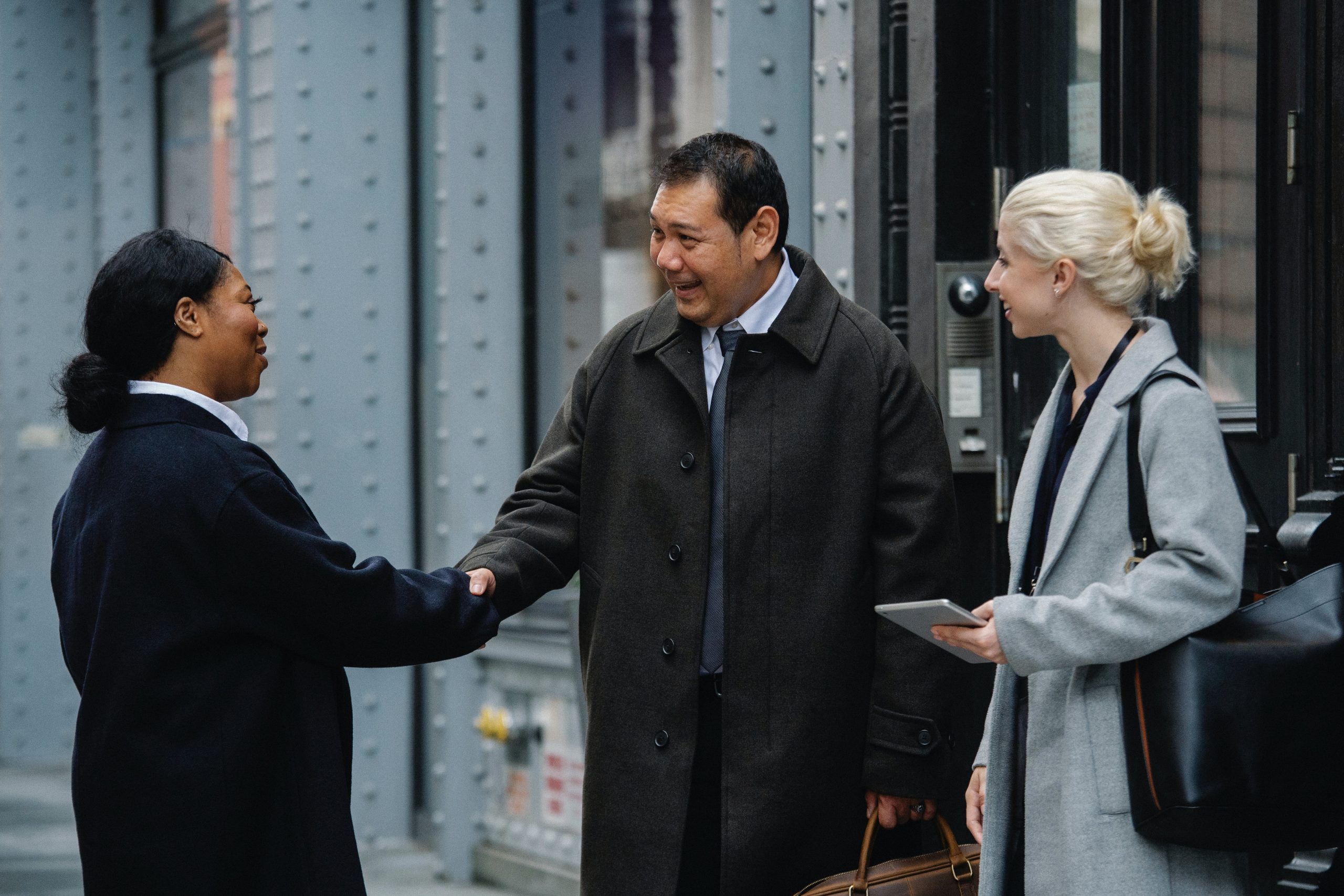-

360⁰ Business Travel Solutions, at every scale.
Experience the ease of Business Travel backed by specialist expertise and cutting-edge technology. -

Detailed reporting, hassle-free payments
Our technology integrates with your travel policy for detailed Analytics and Reporting and easy payments. -

Safe travels, wherever you go
From comprehensive travel insurance to on-trip emergency assistance, we take care so you can focus on your goals -

Event experiences built around your goals
Bring your next corporate event to life by drawing on our extensive MICE expertise
For every business, for every need.
We’re committed to offering organised corporate travel solutions that enrich every trip, with the added benefit of dedicated support and travel policy compliance
TRAVEL WITH CONFIDENCE
We’re ready to help you ease back in to full-fledged corporate travel. Make sure you have all the right resources and plans in place to return to travel, with NGT.

Why choose us?
Our award‐winning team of travel professionals brings decades of expertise to the table, and we’re always one step ahead. We offer a suite of comprehensive services backed by innovative technology. Above all, we’re here to simplify corporate travel, so you can make the most of every trip.










